Summaries of books about Politics & Social Sciences:
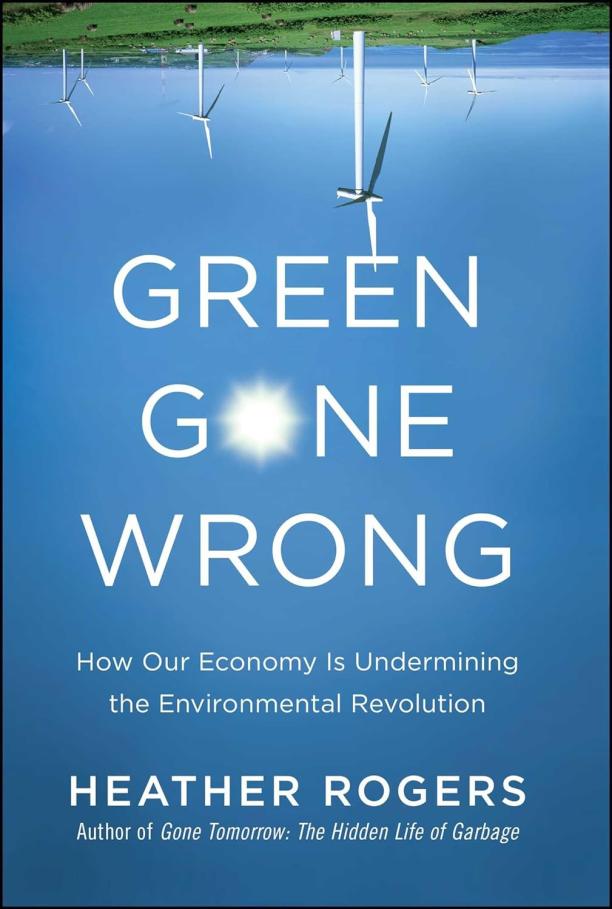
Green Gone Wrong
How Our Economy Is Undermining the Environmental Revolution
Heather Rogers
The book critically examines the commercialization of the environmental movement, highlighting how corporate interests and consumerism often undermine genuine sustainability efforts. It delves into case studies across various industries, revealing the complexities and unintended consequences of "green" consumer products and initiatives.
See full summary
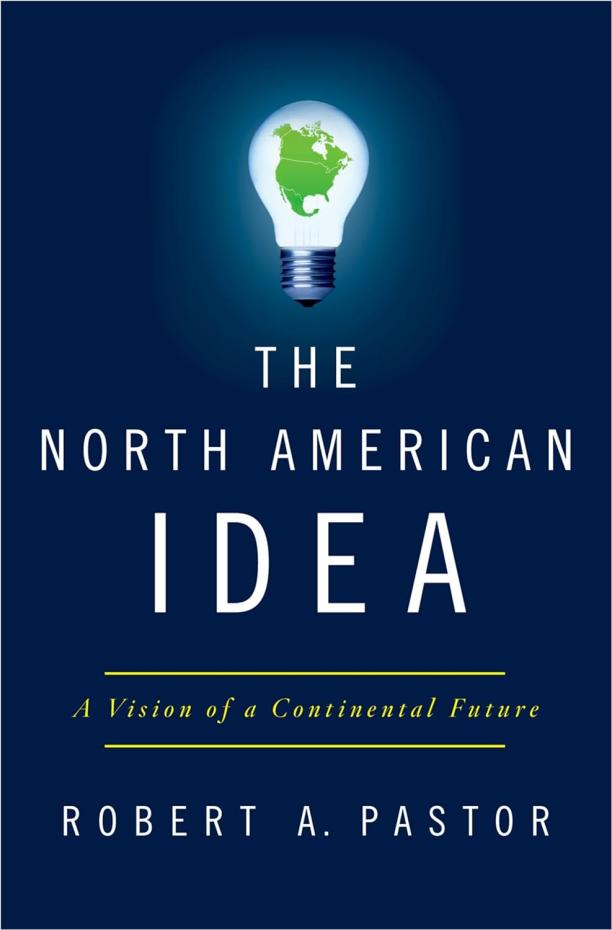
The North American Idea
A Vision of a Continental Future
Robert A. Pastor
The book advocates for deeper integration among the United States, Canada, and Mexico, proposing a shared vision for economic, security, and governance policies to strengthen the North American region. It examines the potential benefits of collaboration, including enhanced global competitiveness and improved relations, while addressing the challenges and obstacles to achieving such a continental future.
See full summary
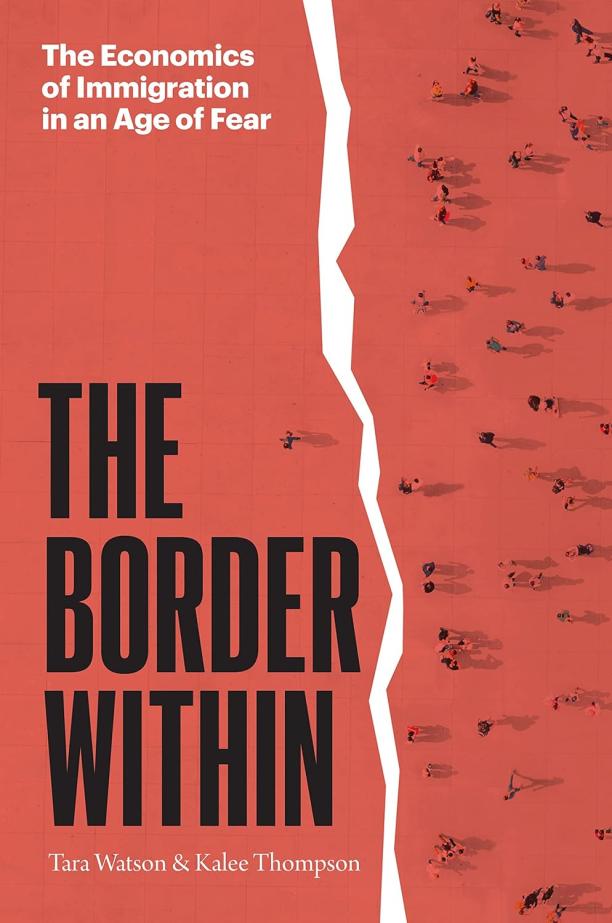
The Border Within
The Economics of Immigration in an Age of Fear
Tara Watson|Kalee Thompson
The book examines the economic impact of immigration on the United States, exploring how immigrants shape labor markets, public finances, and broader economic outcomes. It also delves into the social and political tensions surrounding immigration, analyzing policies and proposing solutions to address fears and maximize the benefits of a diverse society.
See full summary

Health Divides
Where You Live Can Kill You
Clare Bambra
The book examines the social, environmental, and economic factors that contribute to health inequalities across different geographical regions. It explores how place-based disparities in wealth, power, and resources can lead to significant differences in life expectancy and disease prevalence among populations.
See full summary
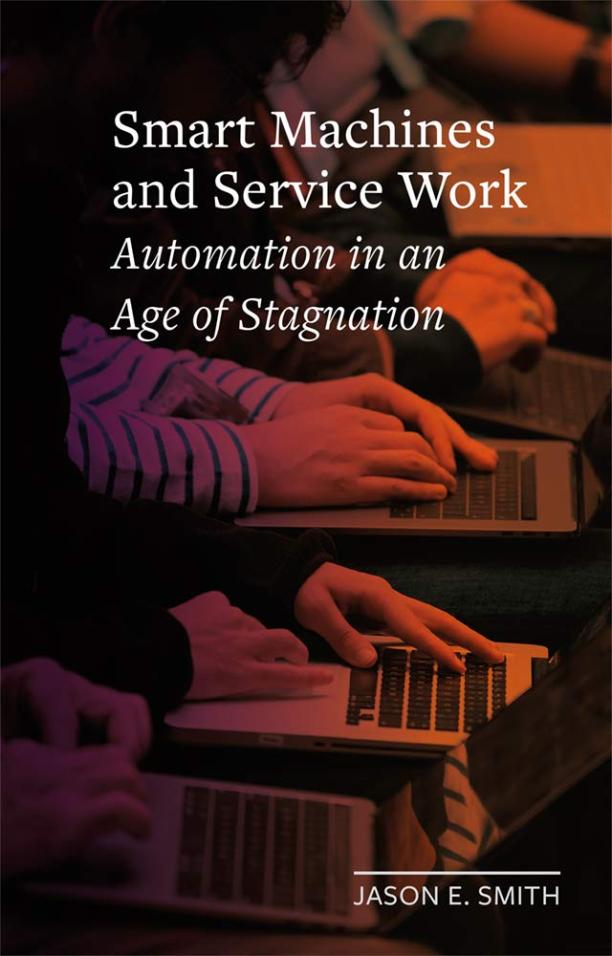
Smart Machines and Service Work
Automation in an Age of Stagnation
Jason E. Smith
The book critically examines the impact of automation on service sector jobs, arguing that technological advancements have not led to increased productivity or economic growth but rather to job precarity and stagnation. It explores the paradox of how smart machines are transforming the nature of service work without delivering the promised gains of a high-tech economy.
See full summary

The United States vs. China
The Quest for Global Economic Leadership
C. Fred Bergsten
The book examines the economic rivalry between the United States and China, analyzing their competition for global economic dominance through trade policies, currency manipulation, and technological advancements. It discusses the implications of this struggle for global economic leadership on international institutions, other economies, and the rules-based economic order.
See full summary
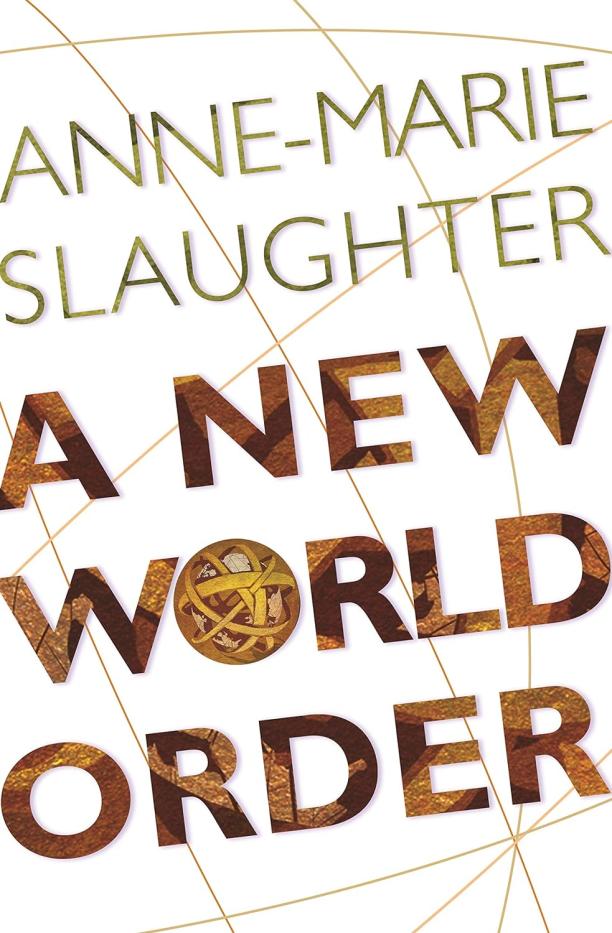
A New World Order
Anne-Marie Slaughter
The book examines the shift from a world dominated by nation-states to one in which non-state actors play a significant role in global governance, advocating for a networked approach to international relations. It explores how governments, international organizations, and civil society can collaborate across borders to address global challenges more effectively.
See full summary
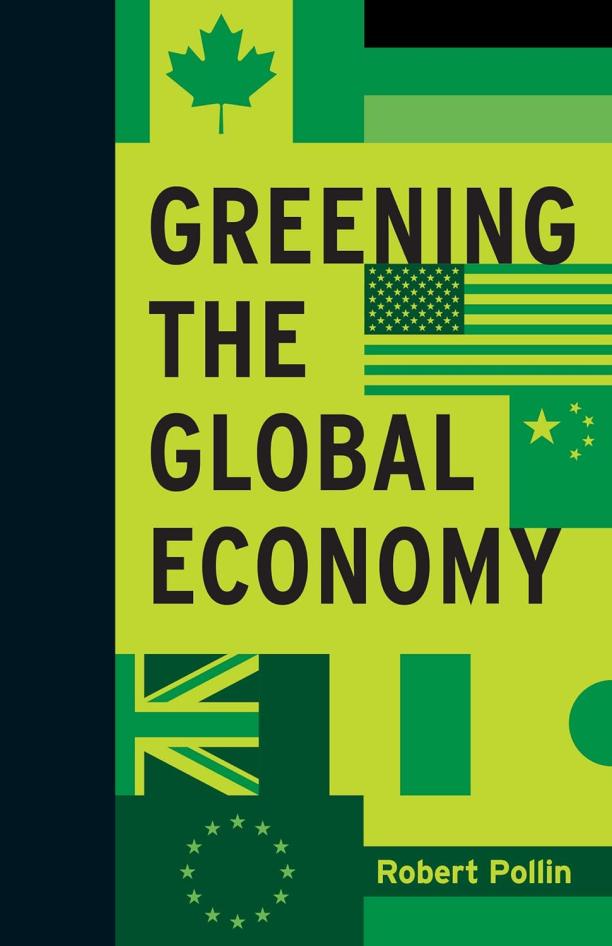
Greening the Global Economy
Robert Pollin
The book presents an economically viable strategy to combat climate change by investing in energy efficiency and renewable energy sources, aiming to significantly reduce global carbon emissions while also promoting job growth. It outlines a detailed plan for financing the green transition and argues for a collaborative international approach to ensure sustainable development and global economic stability.
See full summary

The Acceleration of Cultural Change
From Ancestors to Algorithms
R. Alexander Bentley|Michael J. O'Brien
The book explores how the rapid advancement of technology and the proliferation of social media have accelerated cultural change, influencing human behavior, decision-making, and the dissemination of ideas. It discusses the shift from a past where cultural evolution was driven by small, incremental changes to a present where algorithms and digital interactions can cause significant and swift transformations in society.
See full summary

The Japanese Mafia
Yakuza, Law, and the State
Peter B. E. Hill
The book provides an in-depth analysis of the Yakuza, exploring its history, structure, and activities, as well as its complex relationship with Japanese society, law enforcement, and politics. It examines how the Yakuza has evolved over time, the legal and policy responses to organized crime in Japan, and the impact of these criminal organizations on both the state and the legitimate economy.
See full summary